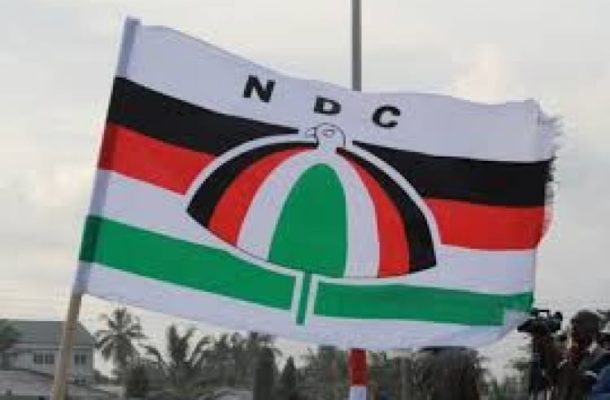The same term, political ideology, is used as a descriptive label for a set of ideas and values about political parties in a democratic dispensation. Political ideology, therefore, comprises the body of ideas that undergird the conduct of political parties.
This article, therefore, focuses on the National Democratic Congress’s (NDC) much publicised social democratic descriptive label.
“Social democracy is a political, social, and economic philosophy that supports economic and social interventions to promote social justice within the framework of a liberal democratic polity and a capitalist mixed economy.”
“Social democracy is a political ideology that originally advocated a peaceful evolutionary transition of society from capitalism to socialism using established political processes (Britannica.com).”
Some experts however maintain that social democrats are of the view that both the economy and society should be run democratically so as to meet the needs of the vast majority of the citizenry.
In effect, social democrats are against the idea of running the country in such a way that only a few end up benefitting.
There are three main tenets of democratic socialism: freedom, justice and solidarity.
Based on the preceding ethos and values, social democrats, such as the National Democratic Congress, are expected to take great interest in ‘social interventionism’.
The overarching question every Ghanaian should be asking then is: do the NDC faithful really believe in the provision of social interventions?
Well, your guess is as good as mine.
when Dr Bawumia poignantly dared the NDC operatives somewhere last year to claim ownership of any successful social intervention , he was, as a matter of fact, referring to “social interventionism” and not “social infrastructure or amenities”.
Nevertheless, since the NDC has abysmal record on the initiation and implementation of social interventions to impact positively on society, it came as no surprise at all to some of us when the NDC faithful woefully failed to give any tangible response to Bawumia’s query.
It would, therefore, appear that the NDC faithful, who apparently take pride in the social democratic ideology, are not in the business of promoting the welfare of the masses, but they are rather on a mission to advance their parochial interests by persistently proselytising and hoodwinking the unsuspecting voters to gain electoral advantage.
Social interventionism is “a pragmatic action which involves the intervention of a government or an organization in social affairs of society.”
In essence, social interventionism refers to the effective, prudent and appropriate means of ameliorating social or economic difficulties being faced by people.
Social interventionism, therefore, is an umbrella term for social intervention, social protection, social welfare or poverty alleviation.
Social interventionism, so to speak, differs from the provision of social infrastructure and amenities, such as toilets, electricity, schools, hospitals, water, roads, interchanges, amongst others.
I have always insisted that it would only take a doubting Thomas to challenge the fact that the NDC faithful, who take pride in the social democratic ideology, are not in the business of promoting the welfare of the masses.
One would have thought that individuals who pride themselves as social democrats will be extremely empathetic to the needs of the masses, but this is not the case with the NDC as a party.
The general belief, however, is that the NDC is only good at running down or cancelling crucial social interventions.
It is an illustrative case of social democrats who do not know how to initiate and manage social interventions.







